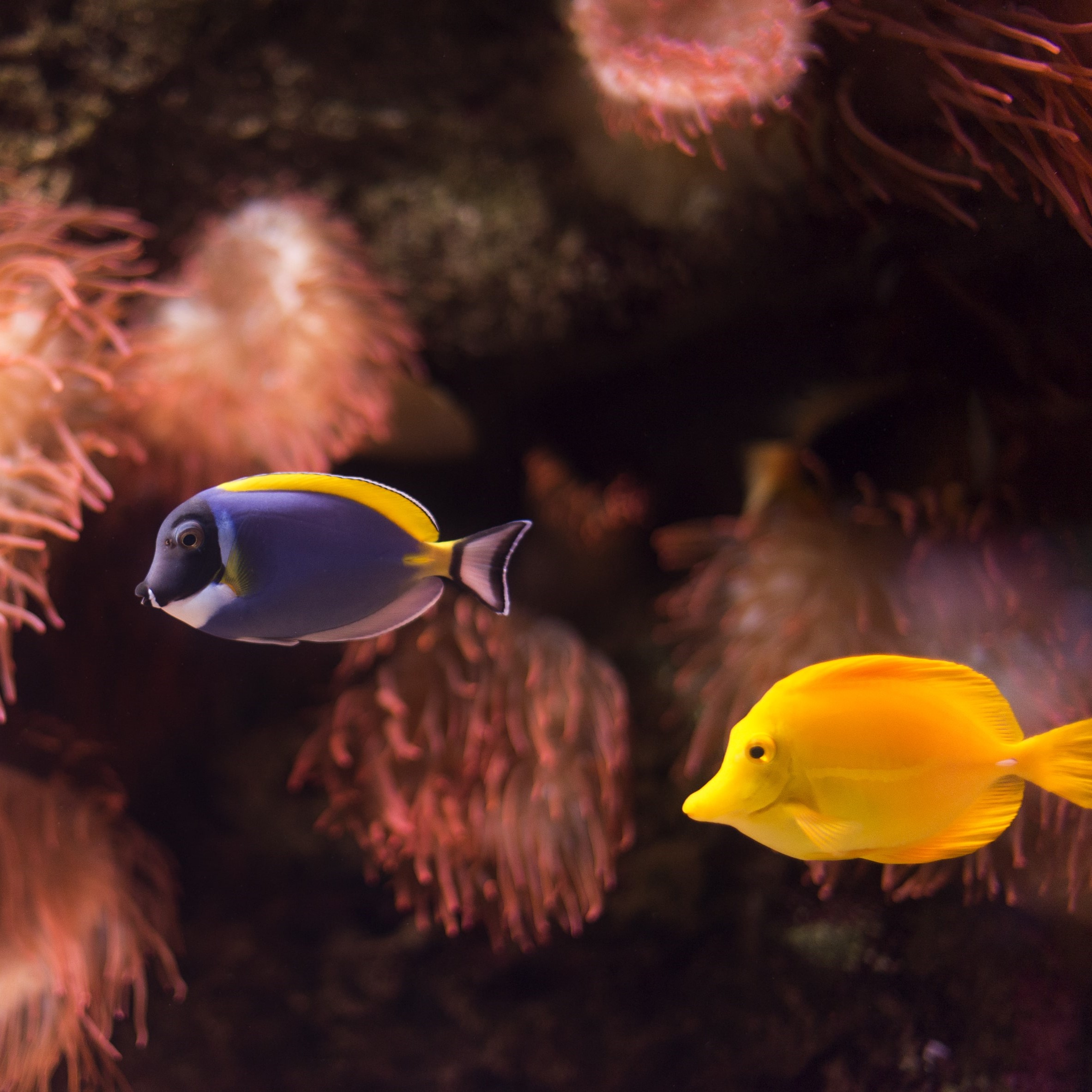Table of Contents
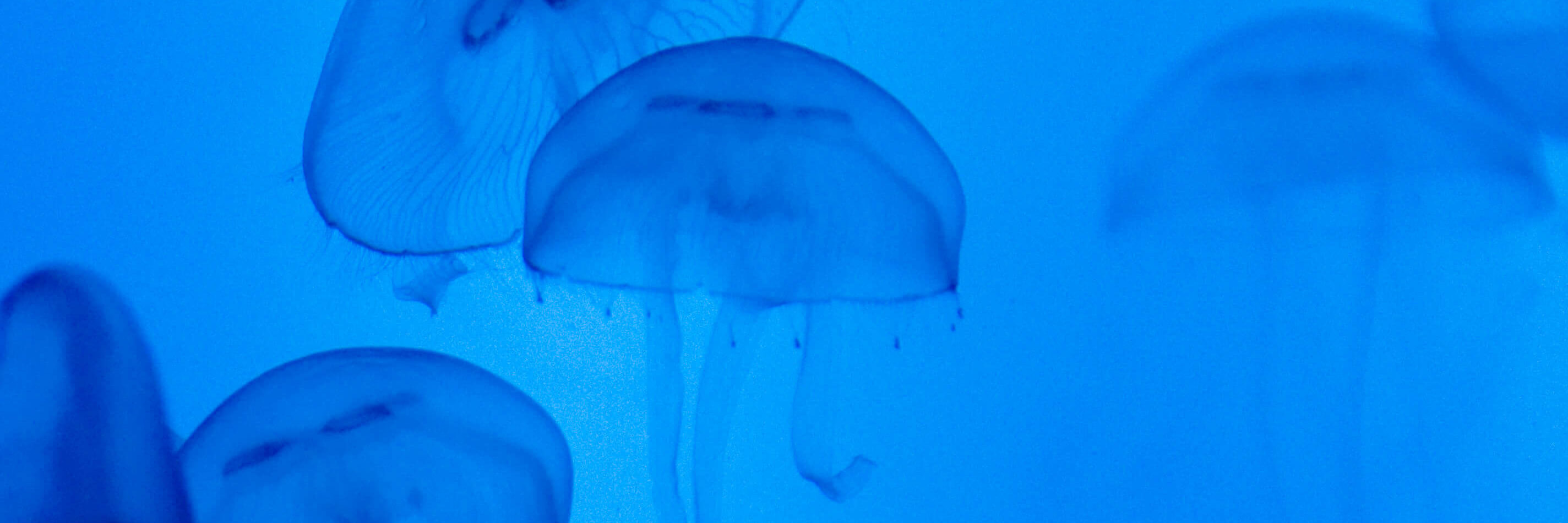
MASTER
The marine environment is an indispensable element for life, as well as contributing decisively to economic prosperity, social well-being and quality of life. However, it currently faces a number of threats, including the loss or degradation of its biodiversity as well as changes in its structure, loss of species, pollution through hazardous substances or the impact of climate change. The EU Marine Strategy provides a comprehensive network for analysing the contributions of EU policy to the protection and impact on the marine environment.
It is in this context that this Official Master is framed with the addition of providing an approach tailored to the specific needs of the Spanish coast.
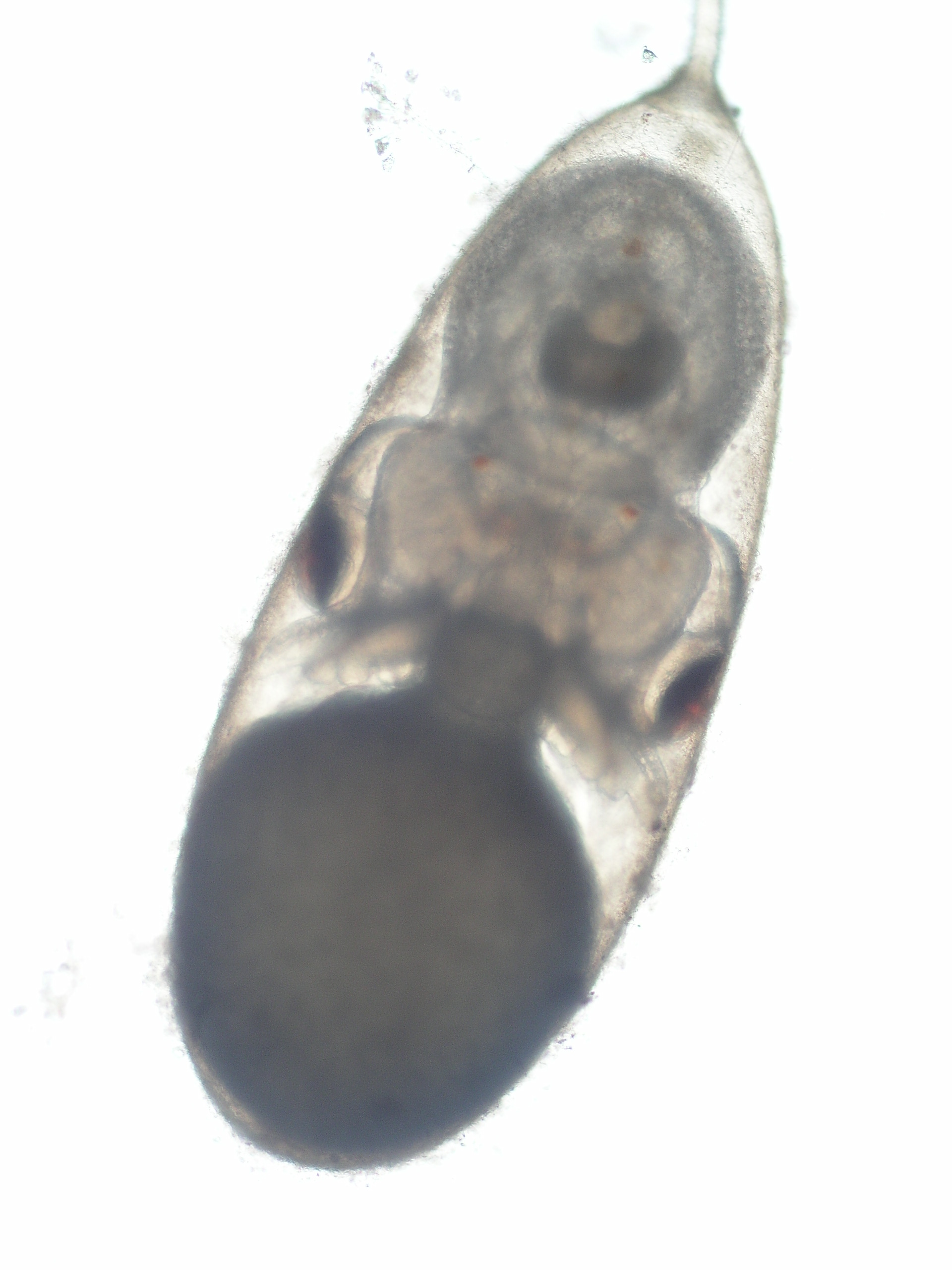
GENERAL INFORMATION
Teaching Languages:
English
Places:
10
Duration:
1 year (60 ECTS credits)
Tuition fees
The public prices of Masters’ Degrees are set every year by the Government of the Principality of Asturias by means of a Royal Decree published in July.
The price per credit for non-European Union residents may vary according to the stipulations of the above mentioned decree, except for those students subject to an agreement.
Tuition fees (in spanish)
Modality:
Attendance required
Schedule:
Monday to Friday, morning classes (9:00-14:00) and evening classes (15:00-20:00), plus fieldwork. Two-week courses.
Teaching Center:
Faculty of Biology, International Masters room building (ground floor)
Professional opportunities
The profile of graduates will be that of specialists in Research and Management of Marine Conservation.
Professional opportunities related to the conservation and exploitation of marine resources, including land planning and natural areas management, aquiculture, ecological tourism and others.
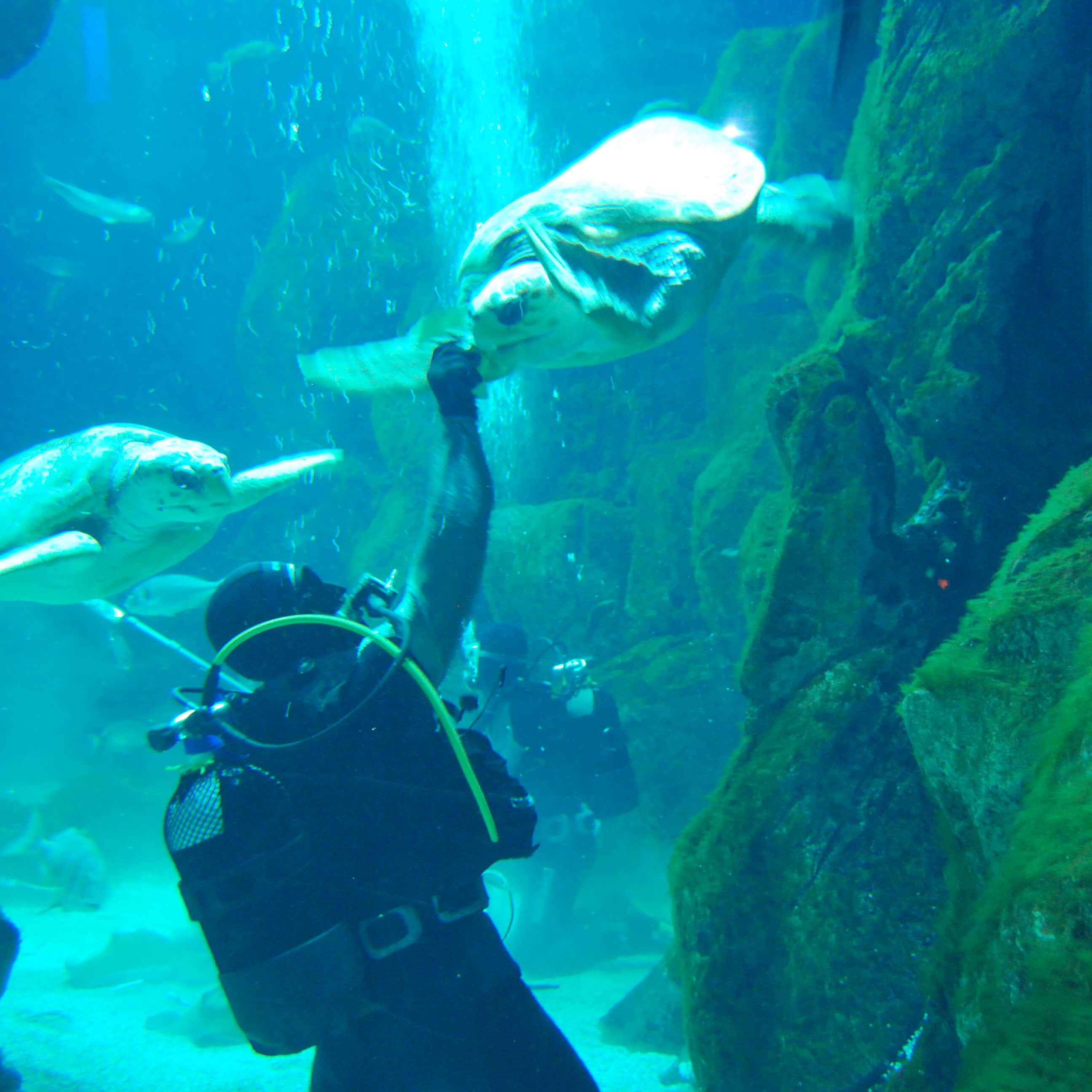
STUDY PROGRAM
1st Semester
Knowledge module
It consists of 7 face-to-face courses – 3 credits. The student must complete a minimum of 9 credits corresponding to the 3 compulsory courses, up to a maximum of 21 credits.
Compulsory:
- Genetic Biodiversity: 3 ECTS
- Biodiversity of marine food webs: 3 ECTS
- Global change: 3 ECTS
Elective:
- Evolution and biogeography of marine organisms: 3 ECTS
Tools module
It consists of 7 face-to-face courses – 3 credits. The student must complete a minimum of 9 credits corresponding to the 3 compulsory courses, up to a maximum of 21 credits.
Compulsory:
- Impact detection and evaluation: 3 ECTS
Elective:
- Geographic information systems and remote sensing: 3 ECTS
- Legal and economic aspects of marine resources: 3 ECTS
2nd Semester
Compulsory:
- Molecular techniques and their application: 3 ECTS
- Integrated Coastal Zone Management: 3ECTS
Elective:
- Biological invasions: 3 ECTS
- Aquaculture: 3 ECTS
- Marine Protected Areas: 3 ECTS
- Ecological modelling: 3 ECTS
- Population biology applied to conservation: 3 ECTS
Internhips module
Compulsory:
- Internships in companies: 18 ECTS
(18 mandatory ECTS and 12 ECTS to be chosen from electives in the first and/or second semester, with a maximum limit of 21 ECTS per semester)
Master’s thesis
Compulsory:
- Master´s Thesis: 12 ECTS
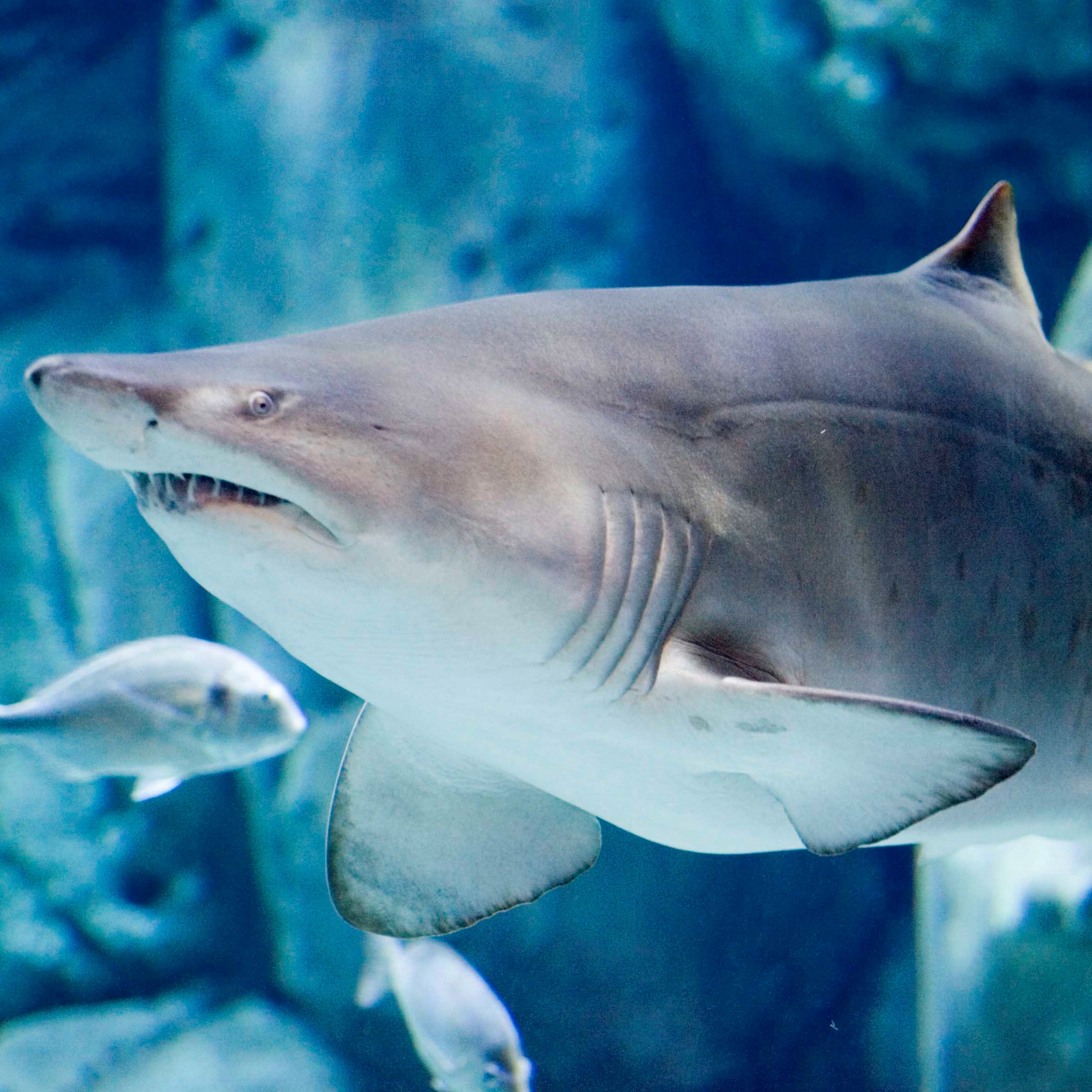
ACCESS REQUIREMENT
Any student holding an official university degree issued by a Spanish University or an official university degree issued by a higher education institution of a member state integrated in the EHEA provided that their degree grants access to Master studies. Students with a foreign degree (external to the EHEA) homologated, or without homologation, may also access this master’s degree provided that the level of education is equivalent to the degree titles and that it authorizes in the issuing country to access official Master’s degree courses.
The Master is aimed at students with a degree in Biology, Biotechnology, Environmental Sciences, Marine Sciences, Chemistry or Geology. For students who do not have this profile, postgraduate studies in the above-mentioned disciplines will be considered.
Admission criteria (In spanish): Criterios admisión (002); Admission Criteria (english)
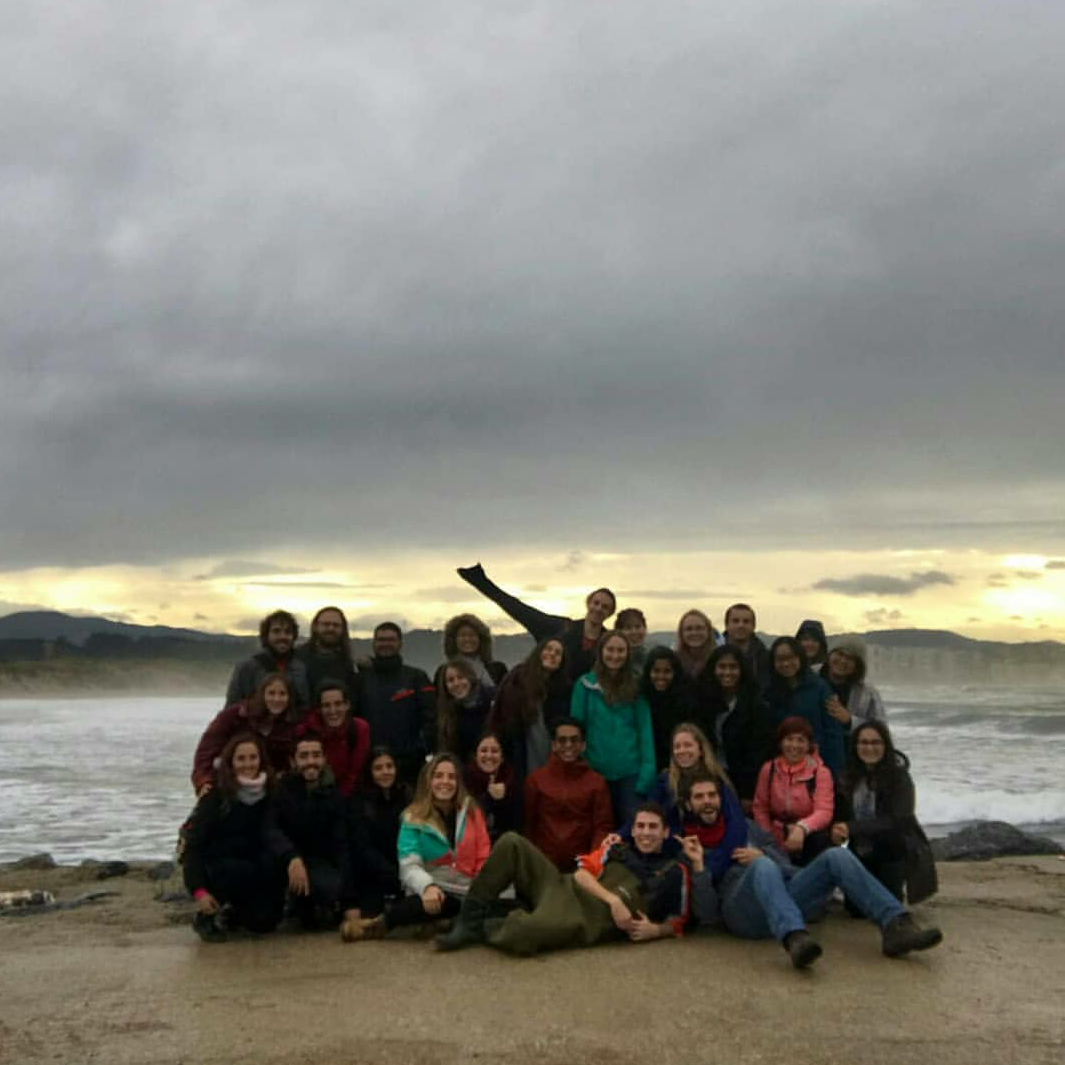
RELATED LINKS
Information available only in spanish
